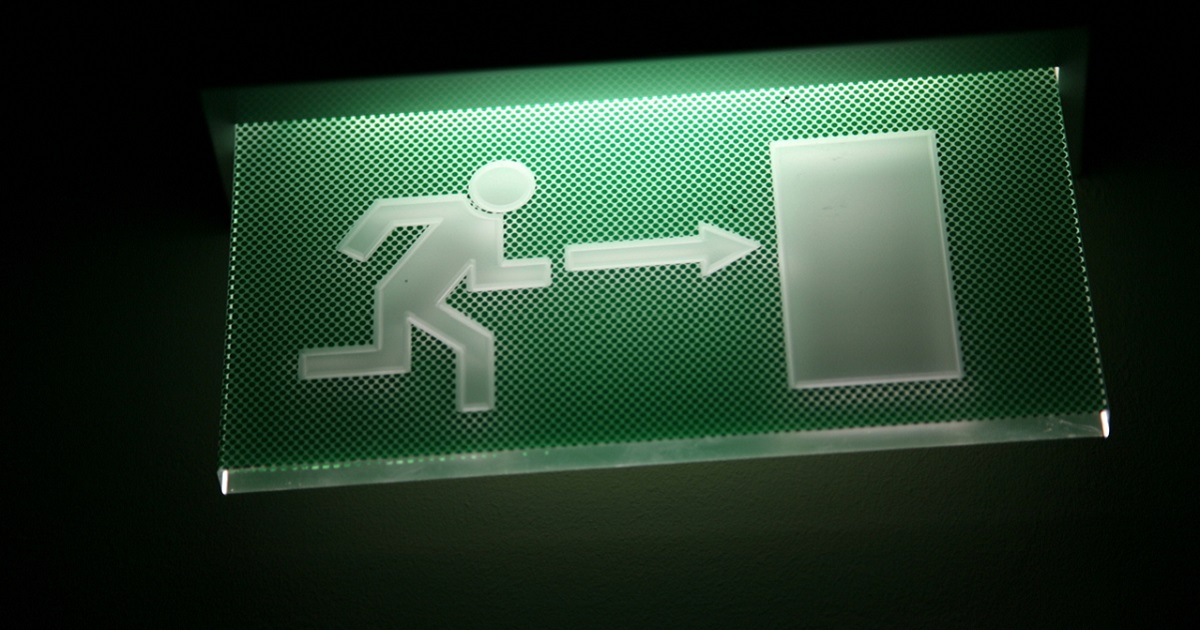“Strength and dignity are her clothing, and she laughs at the time to come. She opens her mouth with wisdom, and the teaching of kindness is on her tongue. She looks well to the ways of her household and does not eat the bread of idleness” (Proverbs 31:25–27 ESV; emphasis added).
Before I walked into my local store to see bare store shelves, preppers did not seem as prudent to me as they do now. I may have thought of them as a class of people who had less trust in God than I had (or thought I had).
A lot of my feelings developed during the Y2K scare, when some Christians (and others) insisted that we were headed toward a horrible economic and social crisis because too many computers would fail when we changed millenniums. They painted vivid pictures of disaster and made me fear the future. In many cases, their recommended actions were far outside my financial ability. If they were right, I was doomed.
I also developed “even if they’re right” arguments about what some of them were doing. They were saving food and supplies for themselves and deciding to abandon the rest of humanity to a “Road Warrior” world. I’m sure that was an unfair accusation, but I needed an excuse to opt out.
I hadn’t thought about the Y2K phenomenon in many years, but I was reminded of it before the store shelves were empty. I was reminded of it by people telling me stories about China or Italy and who were also predicting a worldwide catastrophe. I was told I had better prepare for the disease to reach my area.
This time, unlike New Year’s Eve 2000, something actually happened. Tens of thousands have died in the last couple of months in the United States. In my own state of Missouri at the time I write this, 208 have reportedly died—about half of them in St. Louis County.
Of much more tangible impact on me and most people around me is that life as I knew it has been halted. Friends and family no longer have jobs. Churches stopped gathering. School stopped. Parks closed. Providing groceries and other needs became less certain. My family had to score toilet paper once through some personal connections.
The problems are mild right now, but they do make me wonder about preppers. The division of labor is a wonderful source of provision, but fear (of contagion, in this case) can take it away rapidly and suddenly. Now that I have experienced this, I can’t help but rethink past assumptions. “Whoever loves pleasure will be a poor man; he who loves wine and oil will not be rich” (Proverbs 21:17 ESV).
In my guide to reading Proverbs (Amazon, Kindle) I write about the paradox that only God knows the future but that he wants us to be reasonably prepared for what might happen. Assuming life will go on as it is, without any troubles, may be just as foolish as claiming you know how to survive an economic collapse.
Obviously, God can bring about unforeseeable and unsurvivable circumstances. But just as obviously, assuming your sources of wealth will always be there for you is presumptuous. What about circumstances you ought to foresee might be possible and you could make more survivable if you took precautions?
“Know well the condition of your flocks, and give attention to your herds, for riches do not last forever; and does a crown endure to all generations? When the grass is gone and the new growth appears and the vegetation of the mountains is gathered, the lambs will provide your clothing, and the goats the price of a field. There will be enough goats’ milk for your food, for the food of your household and maintenance for your girls” (Proverbs 27:23–27 ESV).
I used to think that prepping was only for civilization-destroying disasters. But disasters come in different sizes. If we were in a society where most people made sure they had two weeks of food in the pantry, a break in the supply chain would not be an immediate emergency.
I used to think that such “prepping,” assumed one would feed one’s family while others went hungry. But that seems foolish now. If I am suddenly without groceries and if some unimaginable horror prevented me from ordering online, my first source of anxiety would be for feeding my wife and children. That’s not something I can change. It is true if I have nothing to eat and it is true if I have a couple weeks’ worth of food at my disposal. Arguably, having prepared would reduce that anxiety and give me the power to show more concern about others. Rather than making me selfish, being provident could make me a more effective helper.
Assuming we get through this crisis to some kind of new “normal,” how have your expectations changed about what is reasonable preparation for life’s emergencies?













